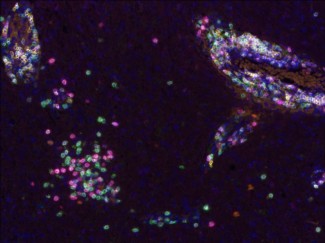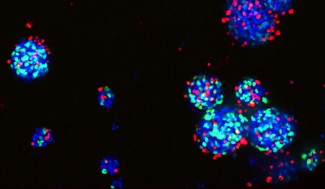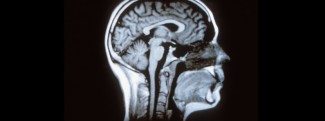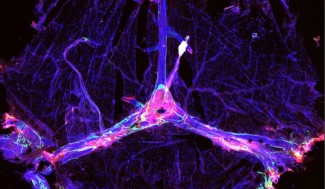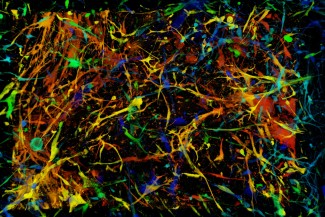Although great therapeutic advances have been made for other cancers over the past 10 years, unfortunately the same cannot be said for the treatment of brain tumors. However, advances in understanding biological mechanisms and in the molecular characterization of tumors are opening up very promising avenues.
Treatment Approaches for Brain Tumors
With regard to chemotherapy, which can be combined with surgery or radiotherapy, clinicians face a recurring problem in treating neurological and psychiatric diseases: crossing the blood-brain barrier. This cellular barrier surrounding the brain and spinal cord effectively protects the brain from any potentially dangerous agents and therefore acts as a filter, limiting the entry of cells, viruses, and bacteria, but also molecules such as drugs.
A major challenge in treating brain tumors is therefore delivering drugs into the brain that target only cancer cells and are non-toxic to the cells surrounding the tumor.
At Paris Brain Institute
Maïté Verrault from the team led by Prof. Marc Sandon and Dr Emmanuelle Huillard is coordinating the GLIOTEX project, which aims to test the effectiveness of treatments already on the market and prescribed for other diseases on tumor cells derived from brain tumors in existing patients, as well as new molecules for therapeutic purposes.
This project uses experimental models to identify the most promising treatments before offering them to patients in therapeutic trials.
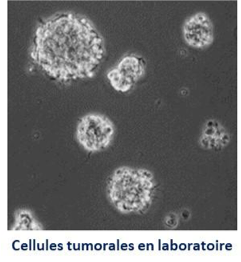
Dactinomycin, a treatment used in other cancers, is currently being tested at Paris Brain Institute to determine its effectiveness on glioblastomas. While the effect of this molecule on tumor cells has now been proven in vitro in the laboratory, the next step is to increase the drug’s lifespan in the body and, above all, facilitate its entry into the brain through the blood-brain barrier. This project is a collaboration with the start-up Carthera, which was incubated through iPEPS at Paris Brain Institute.

